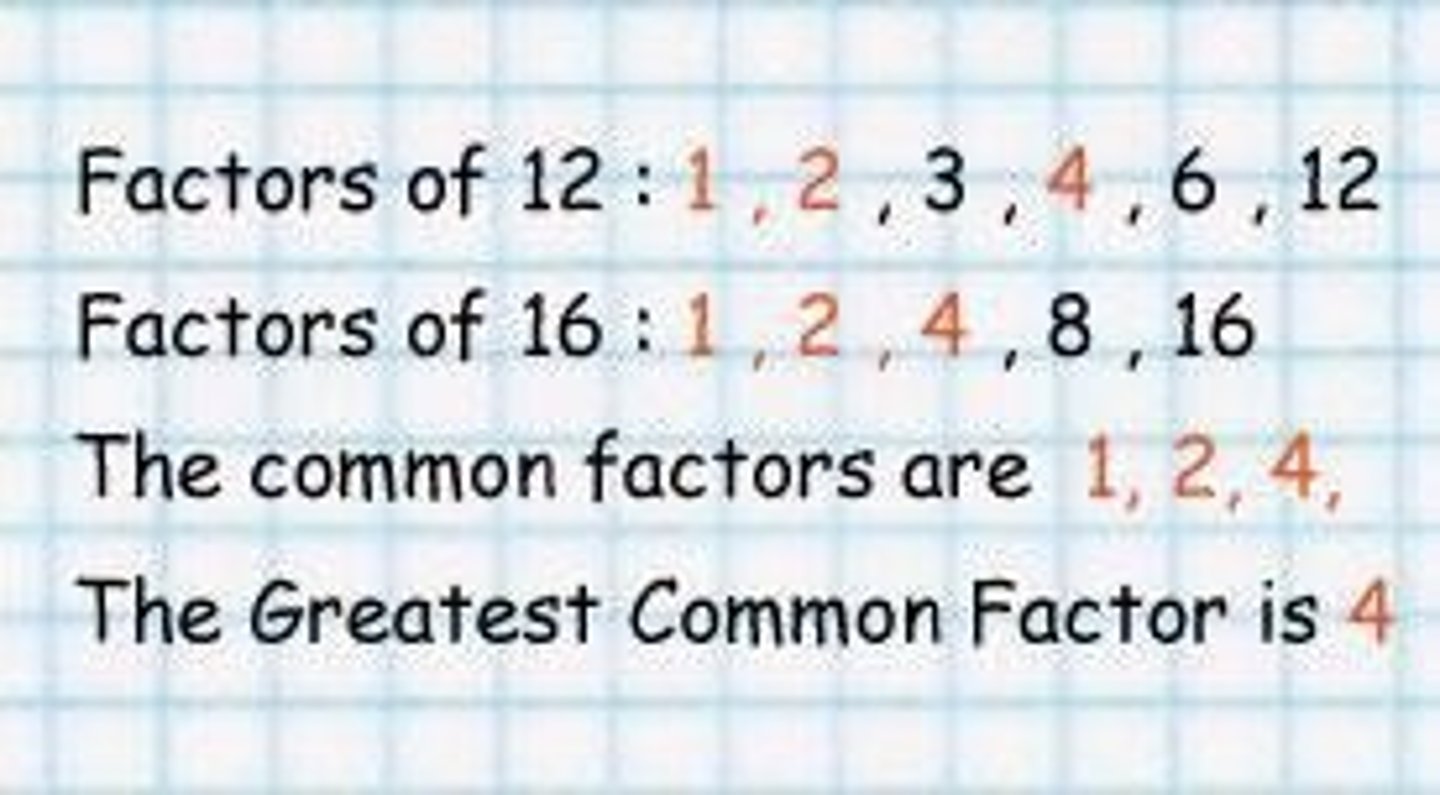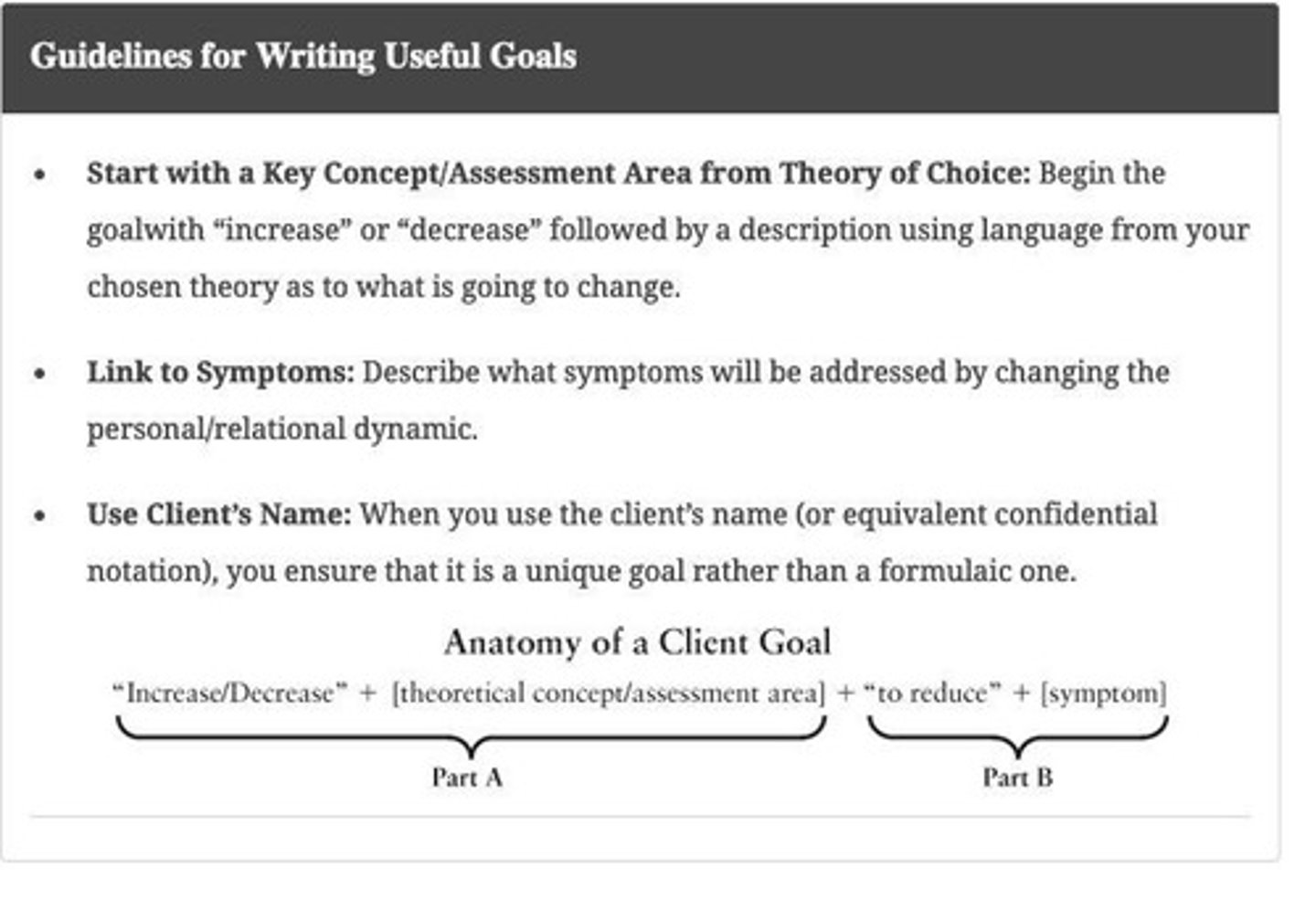Introduction to Counselling and Psychotherapy PSYC 3406
1/65
There's no tags or description
Looks like no tags are added yet.
Name | Mastery | Learn | Test | Matching | Spaced | Call with Kai |
|---|
No analytics yet
Send a link to your students to track their progress
66 Terms
Counselling
A process to support individuals' mental health.
Psychotherapy
Therapeutic treatment for psychological issues.
Course Objective
Examine various counselling approaches and techniques.
Weekly Assignments
150-200 word responses graded out of 3.
Grading Scale
3 Points for excellent understanding, 0 for unclear.
Group Assignment
10-15 page paper on theoretical approach.
Mid Term Exam
Scheduled for February 11, includes multiple choice.
Participation
Active engagement in discussions and activities.
Mindfulness Exercise
Class activity to enhance awareness and focus.
Didactic Lecture
Instructional discussion on chapter material.
Counselling Session Videos
Visual examples of counselling techniques.
Group Case Study
Collaborative analysis of a provided client vignette.
Competence
Therapists must know their professional boundaries.
Diversity Competence
Understanding diverse cultural backgrounds in therapy.
Ethics in Therapy
Adhering to moral principles in counselling practice.
Psychodynamic Approach
Focus on unconscious processes and childhood experiences.
Cognitive-Behavioural Therapy
Changing negative thought patterns to improve behavior.
Solution-Focused Therapy
Goal-oriented approach emphasizing solutions over problems.
Common Factors
Similarities across therapy models that promote change.
Evidence-Based Treatment
Therapies supported by research and empirical evidence.
Integrative Approach
Combining different therapeutic techniques for effectiveness.
Feminist Therapy
Focus on gender issues and social justice in therapy.
Common Factors Model
Focuses on similarities across therapeutic models.

Therapeutic Relationship
Quality of the relationship as perceived by the client.
Client Factors
Motivation and resources influencing therapy outcomes.
Therapeutic Approach
Specific techniques and methods used in therapy.
Evidence-Based Therapies
Therapies validated by rigorous research methods.
Evidence-Based Practice
Integration of research, expertise, and client preferences.
Treatment Planning
Creating structured plans to guide therapeutic interventions.
Symptom-Focused Treatment Plans
Plans targeting specific symptoms for reduction.
Theory-Based Treatment Plans
Plans incorporating theoretical frameworks and goals.

Initial Phase Treatment Tasks
Establishing foundation and assessing client dynamics.
Working Phase Treatment Tasks
Maintaining momentum in the therapeutic process.
Closing Phase Treatment Task
Developing aftercare plans to sustain progress.
Client Belief
Client's conviction that therapy will be beneficial.
Quality of Studies
Impact of research quality on therapy effectiveness.
Diversity Issues
Consideration of cultural and individual differences in therapy.
Meta-Analyses
Statistical analyses combining results from multiple studies.
Depression Treatment
May require diverse treatment approaches for effectiveness.
OCD Treatment
Specific treatments often yield better outcomes.
Therapeutic Techniques
Methods employed to facilitate client progress.
Continuous Adaptation
Regularly adjusting treatment based on client feedback.
Client Characteristics
Individual needs and values influencing therapy.
Therapist's Theoretical Framework
Guides treatment based on therapist's theoretical orientation.
Counselor-Client Differences
Adjusting approaches based on client demographics.
Present-Focused Approach
Focus on current issues, not past experiences.
Marginalization Stress
Consider stress from discrimination in assessments.
Crisis Symptoms
Immediate issues needing stabilization in therapy.
Initial Phase Goals
Address dynamics sustaining the client's problem.
Working Phase Goals
Tackle broader issues for client health improvement.
Closing Phase Goals
Conclude therapy with reflections and future planning.
Mindfulness
Attention on purpose, present moment, non-judgmentally.
Emotion Regulation
Managing emotional responses effectively through mindfulness.
Cognitive Flexibility
Ability to adapt thinking in various situations.
Therapist Empathy
Understanding client feelings to enhance connection.
Self-Compassion
Being kind to oneself during difficult times.
Mindfulness Skills
Techniques to enhance present-moment awareness.
Observe Skill
Noticing experiences without adding judgments.
Describe Skill
Labeling observed experiences accurately and factually.
Participate Skill
Fully engaging in current activities without separation.
Non-Judgmental Attitude
Seeing reality without labeling it as good or bad.
One-Mindfully Skill
Focusing on a single task at a time.
Effective Action
Skillfully addressing needs of the current situation.
Mindfulness Exercise Steps
Guidelines for leading a mindfulness practice.
Wandering Attention
Anticipating and managing distractions during mindfulness.
Gwen's Story
Case study for discussion and goal setting.